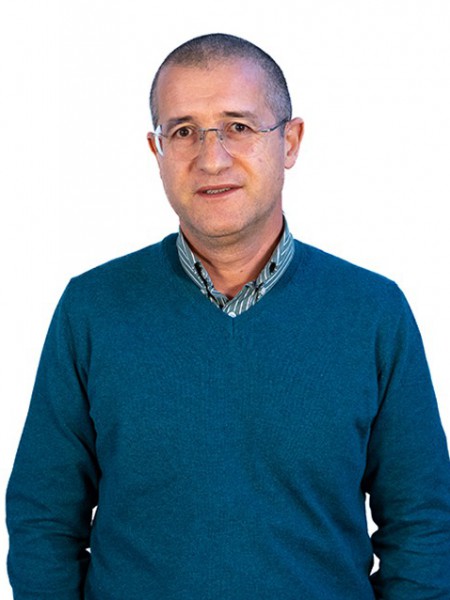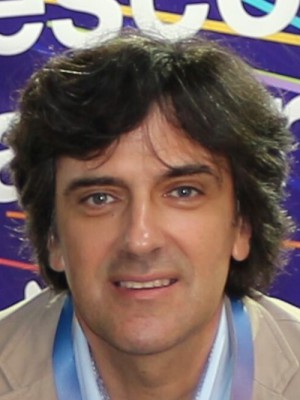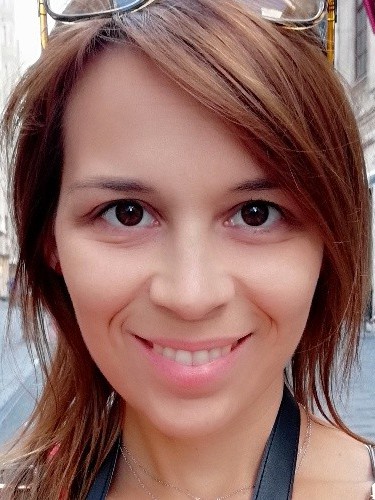abstract
In this study, alginate nanocomposite hydrogel bioinks reinforced with lysozyme nanofibers (LNFs) were developed. Alginate-LNF (A-LNF) suspensions with different LNF contents (1, 5 and 10 wt.%) were prepared and pre-crosslinked with 0.5% (w/v) CaCl2 to formulate A-LNF inks. These inks exhibit proper shear-thinning behavior and good recovery properties (similar to 90%), with the precrosslinking step playing a crucial role. A-LNF fully crosslinked hydrogels (with 2% (w/v) CaCl2) that mimic 3D printing scaffolds were prepared, and it was observed that the addition of LNFs improved several properties of the hydrogels, such as the morphology, swelling and degradation profiles, and mechanical properties. All formulations are also noncytotoxic towards HaCaT cells. The printing parameters and 3D scaffold model were then optimized, with A-LNF inks showing improved printability. Selected A-LNF inks (A-LNF0 and A-LNF5) were loaded with HaCaT cells (cell density 2 x 10(6) cells mL(-1)), and the cell viability within the bioprinted scaffolds was evaluated for 1, 3 and 7 days, with scaffolds printed with the A-LNF5 bioink showing the highest values for 7 days (87.99 +/- 1.28%). Hence, A-LNF bioinks exhibited improved rheological performance, printability and biological properties representing a good strategy to overcome the main limitations of alginate-based bioinks.
keywords
AMYLOID FIBRILS; BIOFABRICATION; GELATIN; BIOINKS
subject category
Chemistry; Science & Technology - Other Topics; Materials Science; Physics
authors
Teixeira, MC; Lameirinhas, NS; Carvalho, JPF; Valente, BFA; Luis, J; Pires, L; Oliveira, H; Oliveira, M; Silvestre, AJD; Vilela, C; Freire, CSR
our authors
Groups
G4 - Renewable Materials and Circular Economy
G5 - Biomimetic, Biological and Living Materials
Projects
CICECO - Aveiro Institute of Materials (UIDB/50011/2020)
CICECO - Aveiro Institute of Materials (UIDP/50011/2020)
Associated Laboratory CICECO-Aveiro Institute of Materials (LA/P/0006/2020)
acknowledgements
This work was developed within the scope of the projects CICECO-Aveiro Institute of Materials (UIDB/50011/2020, UIDP/50011/2020 and LA/P/0006/2020) and CESAM (UIDP/50017/2020 and UIDB/50017/2020 and LA/P/0094/2020), financed by national funds through the FCT/MEC (PIDDAC), and project NANOBIOINKS (CENTRO-01-0145-FEDER-031289), financed by national funds through the Portuguese Foundation for Science and Technology (FCT)/MCTES. FCT is also acknowledged for the doctoral grants to J.P.F.C. (2020.09018.BD) and N.S.L. (SFRH/BD/140229/2018), and the research contracts under Scientific Employment Stimulus to C.S.R.F. (CEECIND/00464/2017), C.V. (CEECIND/00263/2018 and 2021.01571.CEECIND) and H.O. (CEECIND/04050/2017).












